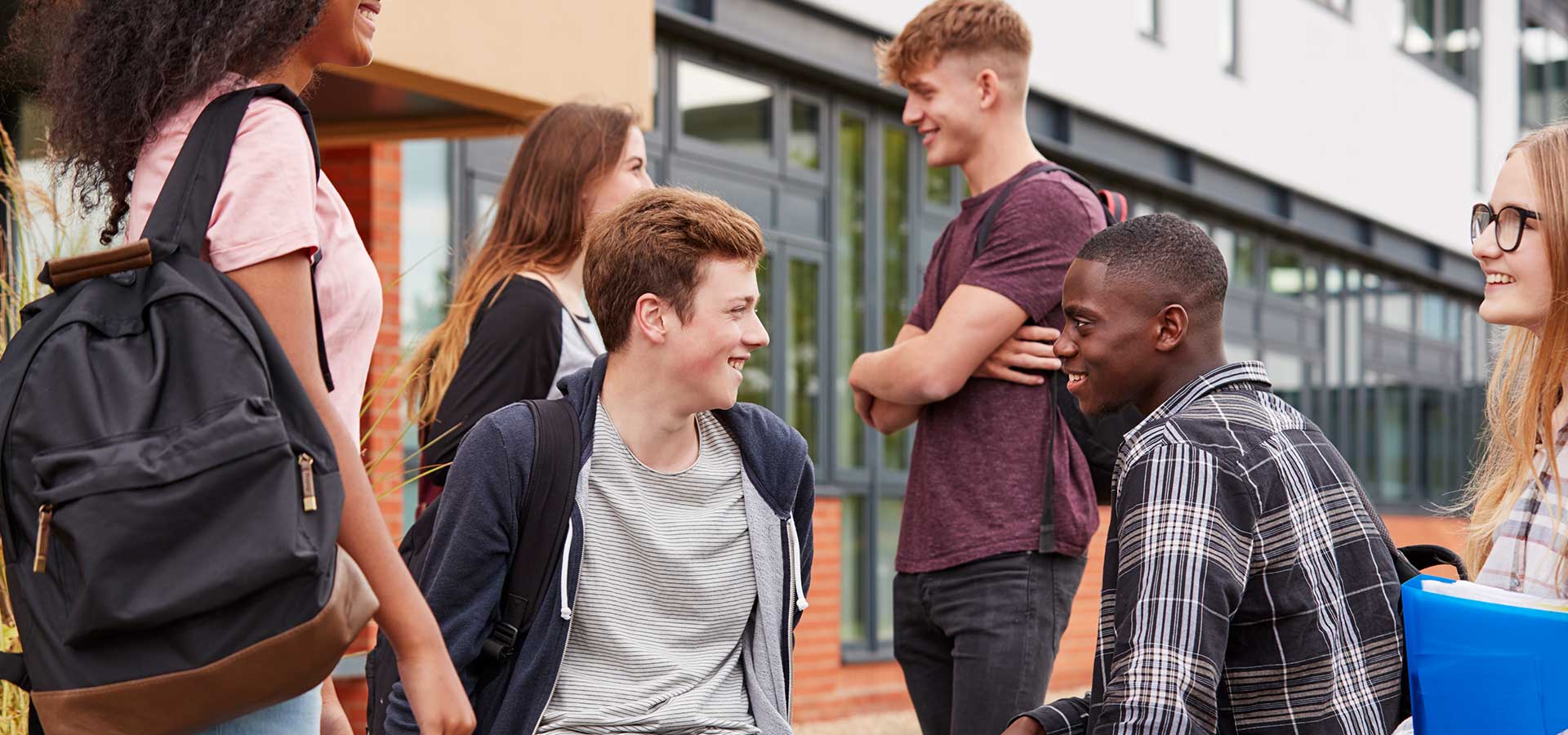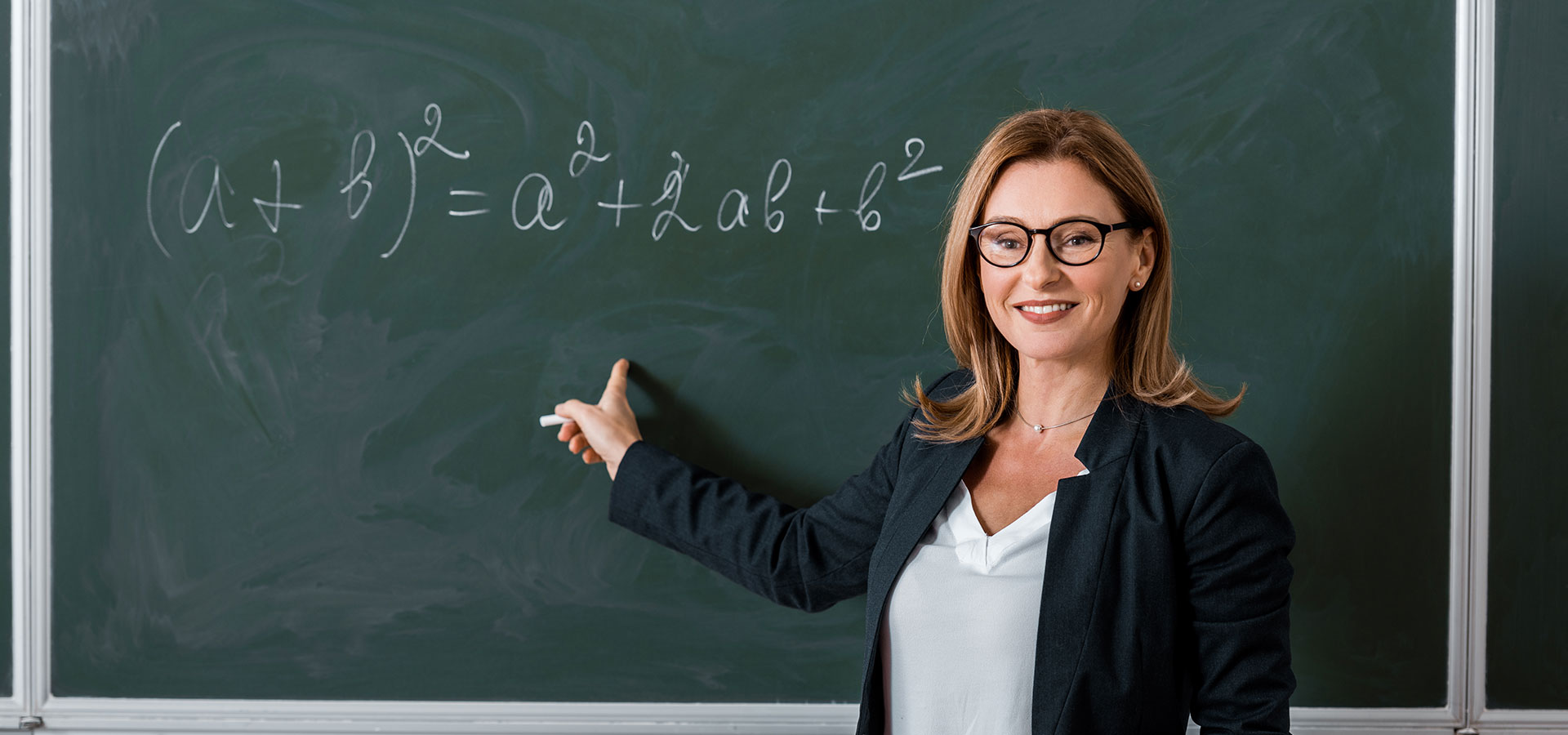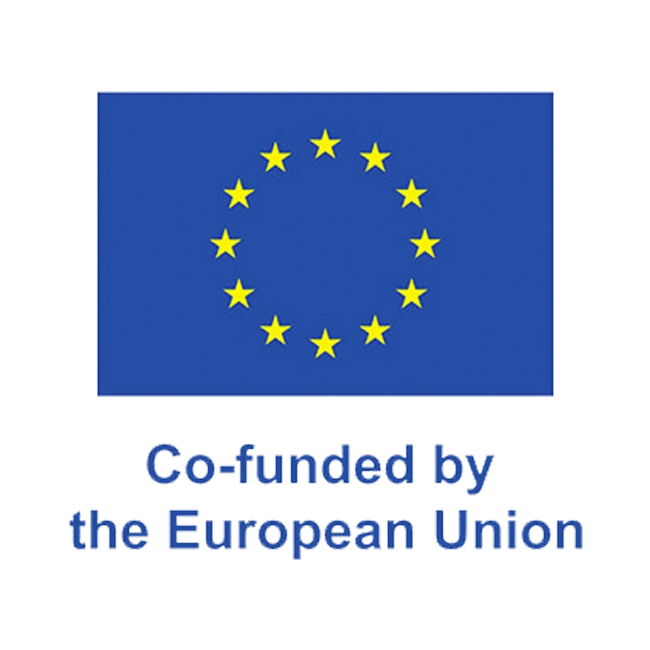


Measures against climate change are not being applied as quickly as the urgency of the situation demands. One of the most urgent measures to combat climate change is waste reduction. Preventing products and materials from becoming waste as much as possible and transforming waste that cannot be avoided into a resource are the most important steps towards a greener and more circular economy. It is very important to instill in schoolchildren the idea of reusing waste to produce new things in a creative and attractive way. Upcycling helps develop another series of skills and abilities such as creativity, innovation, collaboration and respect for the environment. We want to support teachers, principals and other educators in their professional development and provide them with the tools and resources they need to understand the possibilities of upcycling for transversal project-based teaching while offering them practical ideas.
Raise students’ awareness about the challenges of the environment and climate change. Carry out innovative practices so that students become agents of change using fewer resources, reducing waste consumption and offsetting carbon emissions. Enhance the sustainability skills of teachers, leaders and staff. Promote interdisciplinary collaboration, innovative learning and the development of creativity. Promote interdisciplinary teaching in culture, environment, business, design and other fields. Strengthen the initiative and entrepreneurial spirit of students. Promote innovation, creativity and entrepreneurship in different areas of education. Broadly disseminate the result and create a network of institutions and interested actors.
• Development of the conceptual background and framework for the hybrid course. • Hybrid course for educators on the importance of recycling/upcycling with practical ideas on how to apply it in the classroom. • Webinar series: training webinars on planning the creative process. • Guide with recommendations on how to apply upcycling to educators and families.

Lorem ipsum dolor sit amet, consectetur adipiscing elit. Vivamus gravida sem odio. Proin volutpat tincidunt rutrum. Maecenas ac arcu purus. Cras suscipit posuere metus quis condimentum praesent euismod sem quis



We are a non-profit organisation based in Reus (Catalonia, Spain) that aims to help young people and adults get involved in youth work to participate in European programmes.

This website uses cookies and/or similar technologies that store and retrieve information when you browse. In general, these technologies can serve various purposes, such as recognizing you as a user, obtaining information about your browsing habits, or customizing how content is displayed.